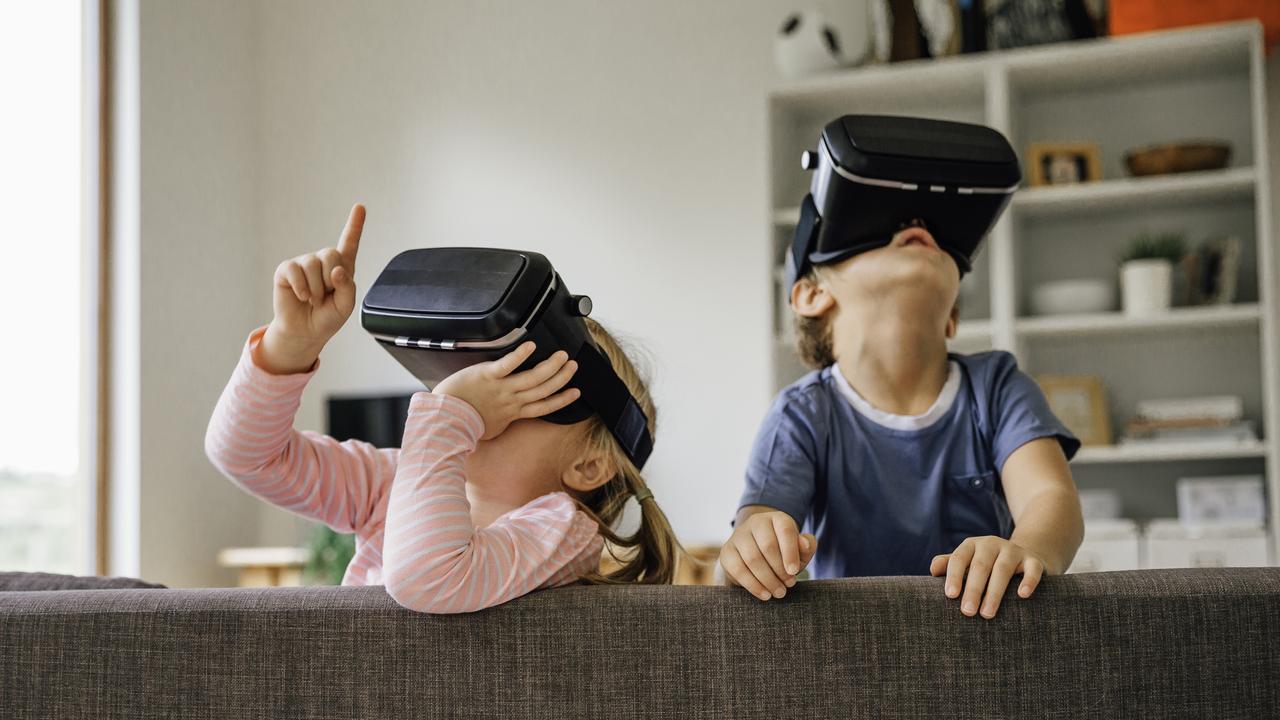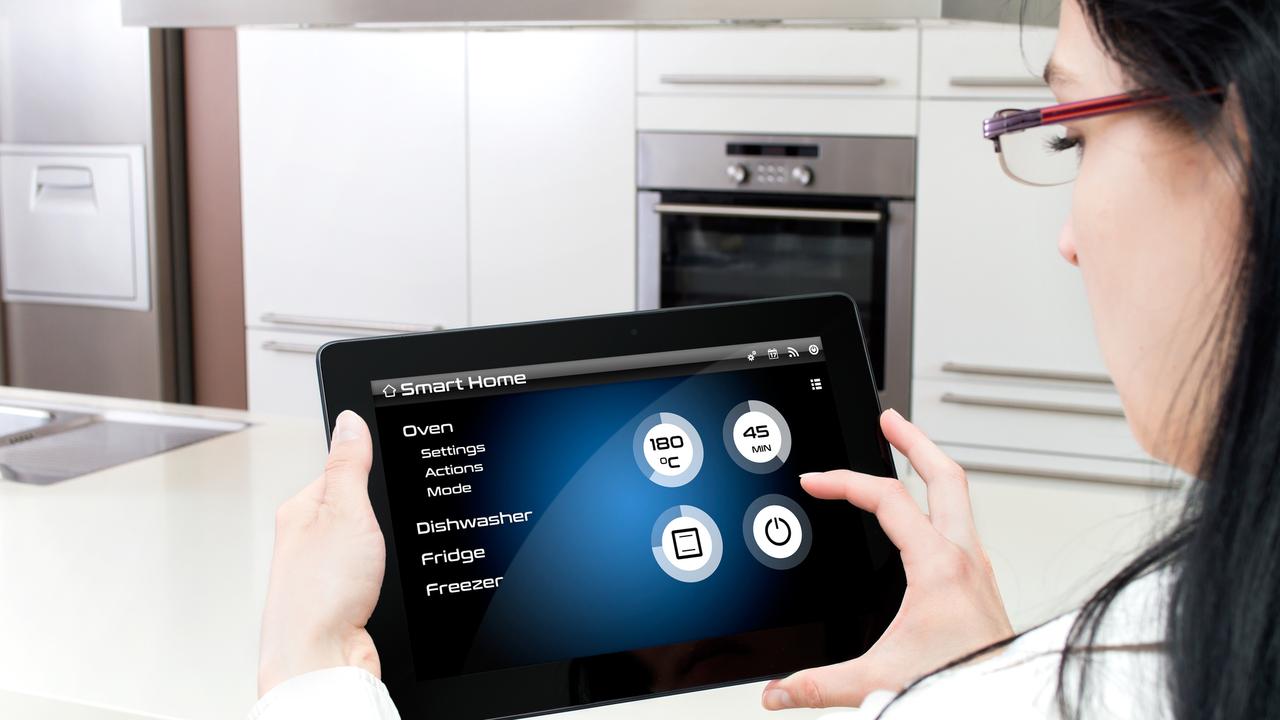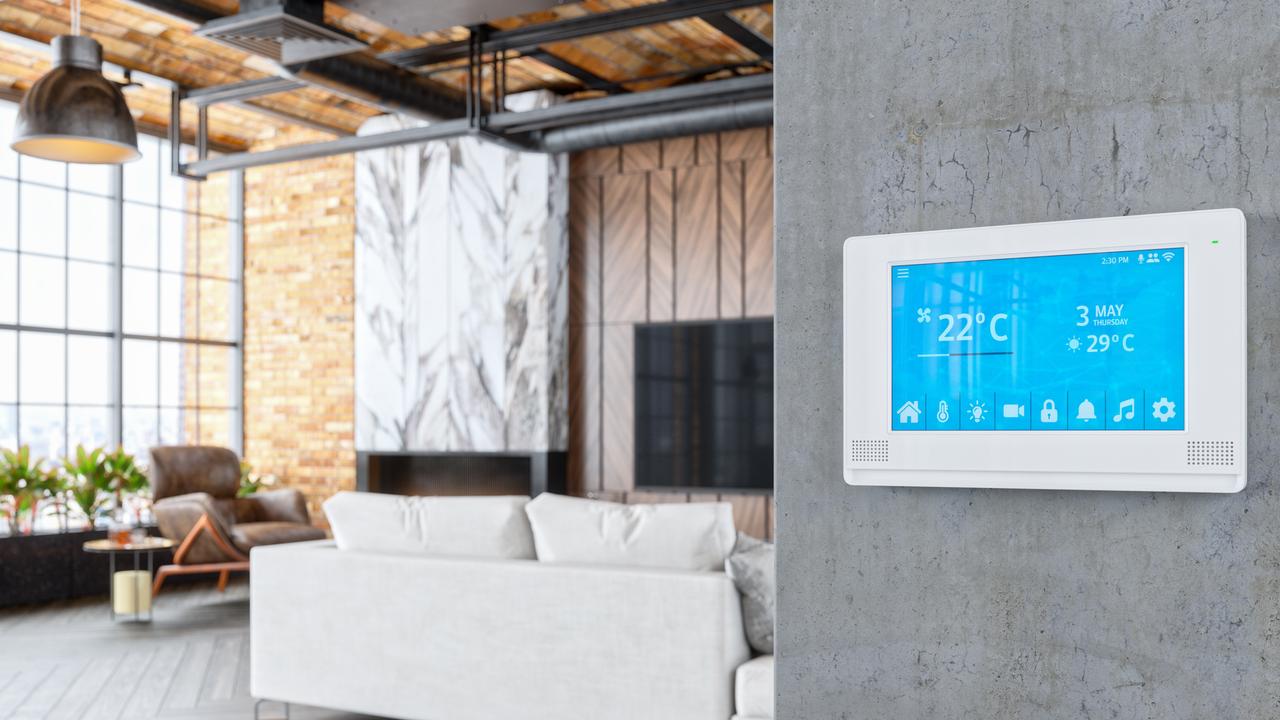Hey hackers: Cyber experts’ warning over smart home gadgets
Smart fridges and televisions are among gadgets that could give hackers an easy backdoor into homes, lives and even banking details, cyber experts warn. Here’s what they recommend.

Hi-tech household gadgets, including smart fridges and televisions, may expose Australians to significant privacy and security risks, experts warn.
Cyber security expert Ches Rafferty says household appliances that connect to the internet could be hacked by cyber criminals wanting access to sensitive data, such as banking or identity details.
He urges Aussies to stick to household appliances “without the gimmicks” although concedes that as technology is increasingly integrated into our everyday lives, simple items are becoming harder to find.

Not so smart
As Scantek Solutions chief executive, Rafferty says his workplace has taken to disabling Wi-Fi in smart appliances, covering cameras with stickers and turning microphones off to stop devices recording sensitive information that could be accessed in a cyber attack.
“It’s always better to be safe than sorry,” he says. “If you’ve got an appliance with a camera that is set up directly across from your computer, so it can see your passwords when you are logging on to internet banking, or can see sensitive work information, it’s important to recognise there is a risk.”

MORE: ‘Priced out of their own cities’: Qld property to be hot for years
Mum’s iPad ban sees family move 2000km north
Device diplomacy
Amid increasing tensions between Australia and China, Rafferty says Chinese-produced appliances could even pose a threat to national security, as laws require Chinese companies to hand over their data to the Beijing government if requested.
He says most people buying hi-tech appliances fail to change the default password, potentially giving China easy access to any personal information stored within the device.
“One of the big problems we have right now is more and more of our products are produced by nation states that aren’t particularly friendly towards us,” Rafferty says.
“I’m not saying that right now anything untoward is happening at a general level to the public but I am saying that you would want to be very careful about the dangers.
“And I’m not saying that (US-owned) Google or (Amazon) Alexa are not watching or listening to us as well – but the difference is we know that (information collected) is going back to a country that has a reasonable level of (security and privacy) law.”

Data harvest
Deakin University researcher Luci Pangrazio says while newfangled baby monitors, security systems, internet-connected toys and intelligent home assistants are often singled out for their perceived data security risk, other common household gadgets pose an equal risk.
“Smart TVs, phones and gaming consoles, which also harvest your data and are in almost every Australian home, are … flying under the radar,” says Dr Pangrazio, who led a recent study into digital technology and the safeguarding of child privacy.
She says Australians are “rightfully anxious” about the potential for identify theft and the risk to their family’s privacy from new technology.
“Mapping the data-connections inside the home is a critical first step to understanding what devices families typically own and how our information is being collected, stored and shared,” she says.
“This allows us to formulate effective ways to protect our own and our children’s privacy.”

Tips
• When purchasing household goods and toys, consider whether they need to be connected to the internet. If not, look at purchasing the “dumb” model.
• Request digital copies of Terms and Conditions documents or look them up online and search for “data”, “personal data” or to check what companies are doing with your data.
• Visit tosdr.org to see mainstream digital platforms graded according to privacy.
• You always have a choice. It may take more effort but there’s usually a different product or digital platform offering better data privacy.
(Source: Dr Luci Pangrazio, Deakin University)
More Coverage
Originally published as Hey hackers: Cyber experts’ warning over smart home gadgets




